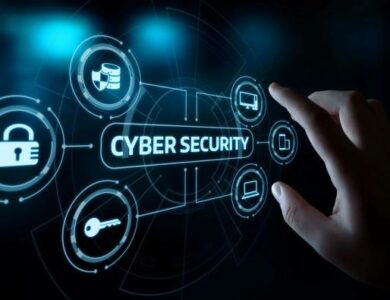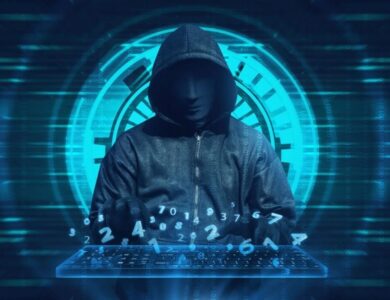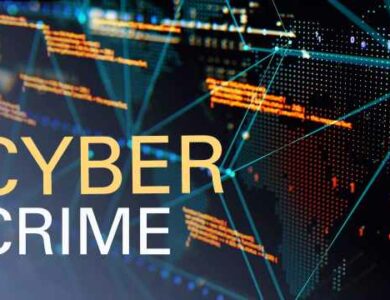Go Ghost! Vanishing Online with the Power of a VPN

VPN stands for Virtual Private Network. It’s a secure tunnel for your internet traffic, acting like a digital bodyguard for your online activity. Here’s what it does:
Encrypts your data:
Imagine scrambling your internet activity with a secret code before it travels online. This makes it unreadable for anyone trying to snoop on your browsing, downloads, or messages.
Hides your IP address:
Your IP address is like your online fingerprint, revealing your location and potentially even your identity. A VPN masks your real IP with one from its server, making your online presence more anonymous.
Secures public Wi-Fi:
Public Wi-Fi can be a haven for hackers. A VPN encrypts your connection on these networks, adding a layer of protection against data theft or malicious attacks.
Bypasses geo-restrictions:
Some websites and content are restricted based on your location. A VPN lets you connect to a server in another country, potentially granting you access to blocked content.
Benefits of using a VPN:
- Enhanced privacy and security: Protect your online activities from prying eyes and potential threats.
- Location independence: Access geo-restricted content and bypass censorship firewalls.
- Safer public Wi-Fi: Secure your connection on public networks and prevent data breaches.
- Enhanced anonymity: Mask your IP address and hide your online identity.
Some things to keep in mind:
- Free VPNs may not be reliable or secure. Consider reputable paid VPN services for optimal performance and protection.
- VPNs can slow down your internet connection. Choose a good provider with efficient servers to minimize the impact.
- Not all online activities benefit from a VPN. Check your provider’s terms and conditions for any restrictions.
VPNs can help protect you from government surveillance:
While most people think of VPNs for bypassing geo-restrictions or protecting their privacy from hackers, they can also be a valuable tool for protecting yourself from government surveillance. In countries with repressive regimes or where online censorship is common, a VPN can encrypt your traffic and make it more difficult for authorities to track your online activity.
2. VPNs can be used to secure your smart home devices:
As more and more of our homes become filled with smart devices, it’s important to make sure they’re secure. Many smart home devices are vulnerable to hacking, and a VPN can help to protect them by encrypting their traffic and making it more difficult for attackers to gain access.
3. VPNs can be used to improve your gaming experience:
If you’re a gamer, you know how frustrating it can be to experience lag or high ping times. A VPN can help to improve your gaming experience by reducing lag and ping times. This is because a VPN can route your traffic through a server that is closer to the game server you’re playing on.
4. VPNs can help you get better deals on travel and shopping:
Many websites and online stores offer different prices based on your location. A VPN can help you get better deals on travel and shopping by allowing you to connect to a server in a country where prices are lower.
5. VPNs can help you protect your privacy from social media companies:
Social media companies are notorious for collecting data on their users. A VPN can help to protect your privacy from social media companies by encrypting your traffic and making it more difficult for them to track your online activity.



